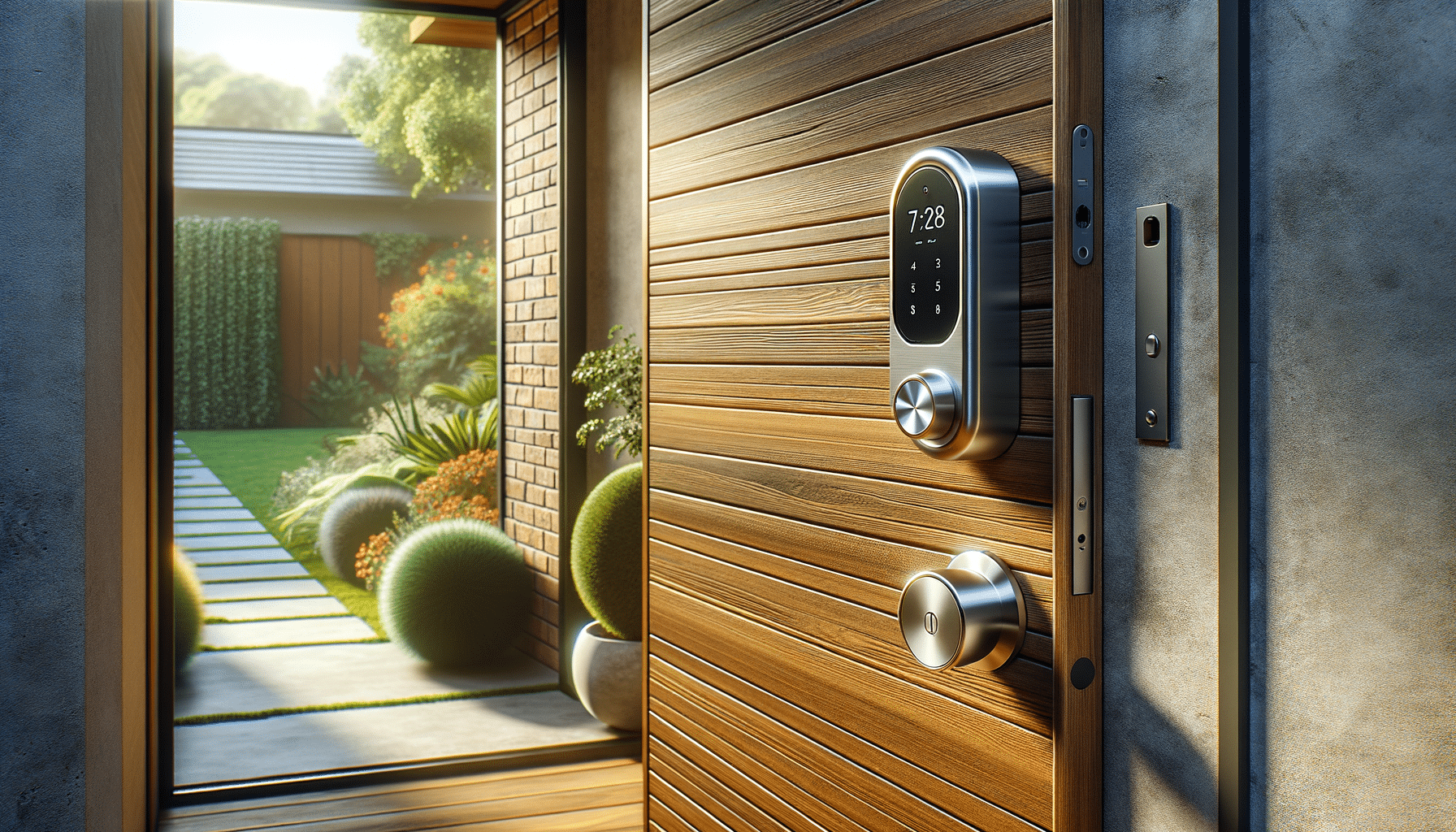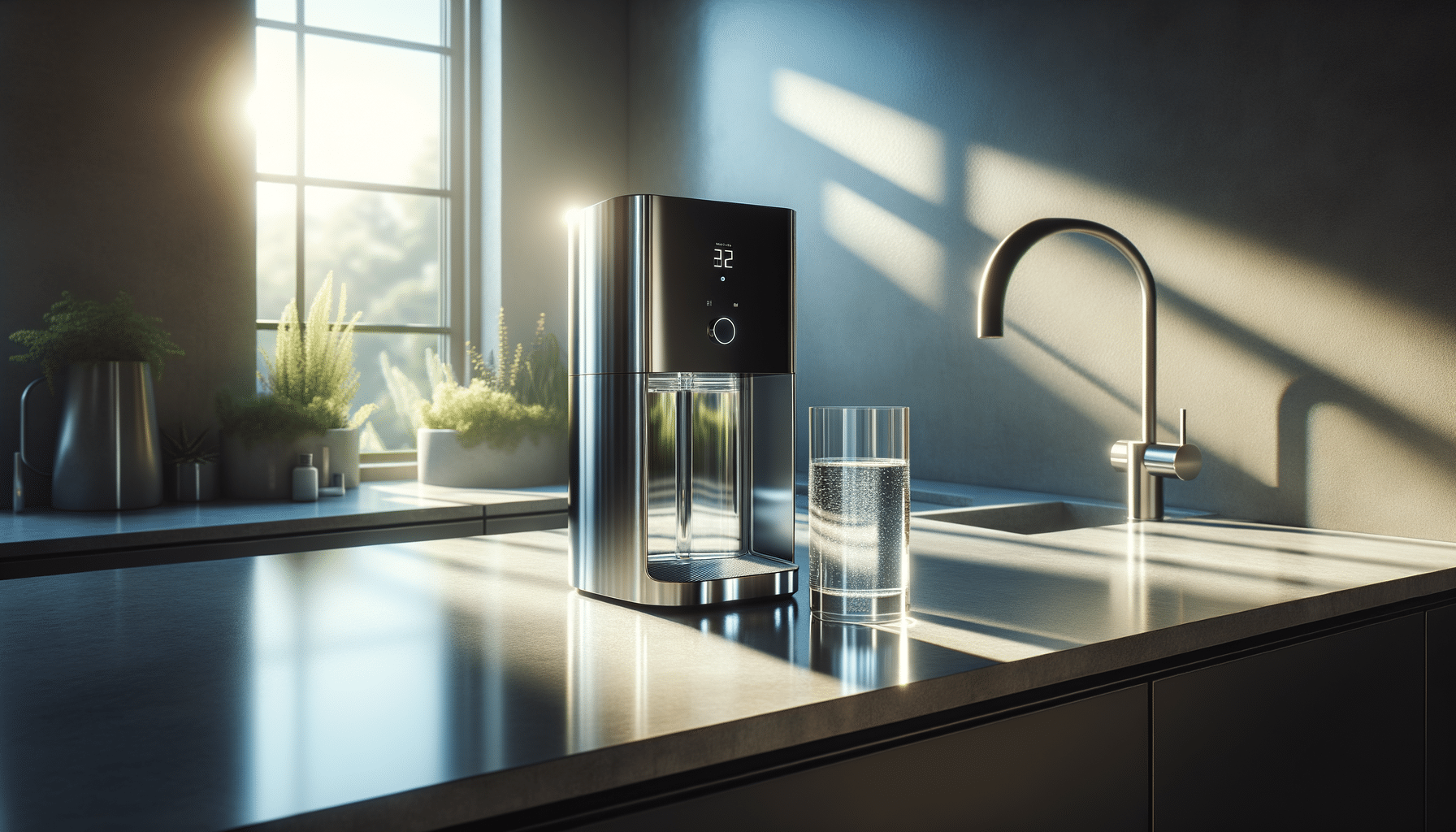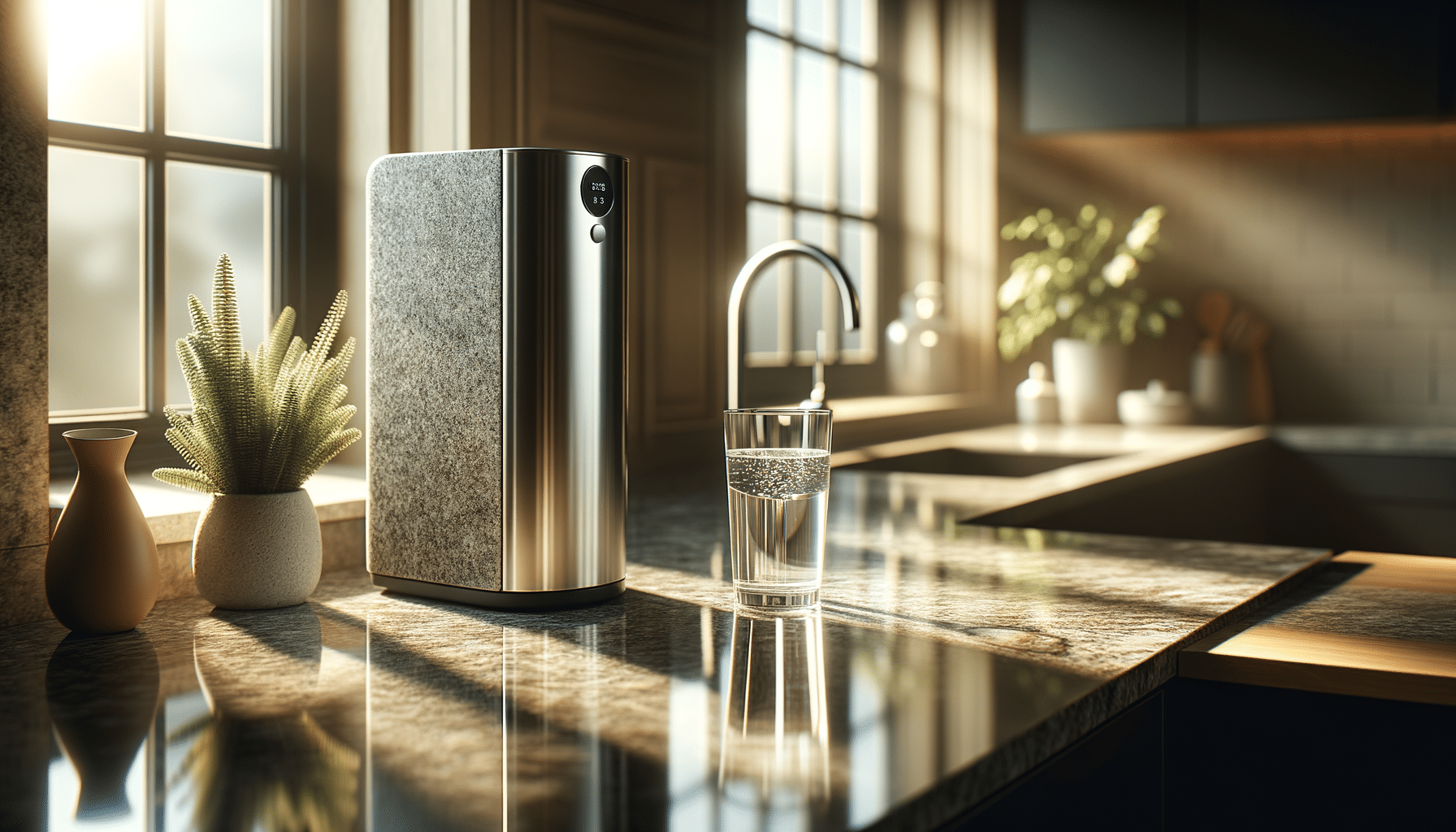
Exploring the World of Smart Locks: Security and Convenience Redefined
Introduction to Smart Locks
In an era where technology seamlessly integrates with our daily lives, smart locks are becoming an increasingly popular choice for homeowners seeking enhanced security and convenience. These modern locks are not just about replacing keys with codes or smartphone apps; they represent a significant shift towards smarter, more connected living spaces. By understanding the evolution and functionality of smart locks, we can appreciate how they are redefining home security.
Smart locks offer several advantages over traditional locking systems. One of the primary benefits is the ability to control and monitor your lock remotely. Whether you’re at work or on vacation, you can lock or unlock your doors using a smartphone app, providing peace of mind and flexibility. Additionally, smart locks often come with features such as temporary access codes, which can be useful for granting entry to guests or service providers without needing a physical key.
Moreover, smart locks are designed to integrate with other smart home devices, creating a cohesive security ecosystem. This integration allows for automation, such as locking the doors automatically at a specific time or when you leave the house. These features make smart locks an appealing choice for those looking to enhance their home’s security and convenience.
How Smart Locks Work
Understanding how smart locks function is crucial for appreciating their benefits. At their core, smart locks replace the traditional key and lock mechanism with electronic components that can be controlled digitally. Most smart locks use Bluetooth, Wi-Fi, or Z-Wave technology to communicate with a smartphone app or a compatible smart home hub.
When a user approaches a smart lock with a paired device, the lock can automatically recognize the device and unlock the door. This is often achieved through Bluetooth connectivity, which offers a reliable and energy-efficient way to control the lock. Alternatively, some smart locks use Wi-Fi to provide remote access, allowing users to control their locks from anywhere in the world.
For added security, many smart locks feature encryption algorithms to protect against hacking attempts. Furthermore, they often have backup options, such as a physical key or a keypad, ensuring that you won’t be locked out in case of a power failure or technical issue. These design elements highlight the thoughtful engineering behind smart locks, making them a robust and reliable choice for modern homes.
Security Features of Smart Locks
Security is a top concern for homeowners, and smart locks offer several advanced features to address these concerns. One of the key advantages is the ability to track access history. With a smart lock, you can receive notifications whenever someone enters or exits your home, allowing you to monitor who is coming and going at all times.
Additionally, smart locks often include features such as auto-locking, which automatically locks the door after a predetermined period. This feature is particularly useful for those who frequently forget to lock their doors, providing an extra layer of security. Some models also offer tamper alerts, notifying you of any unauthorized attempts to access your home.
Another notable security feature is the use of biometric authentication, such as fingerprint recognition. This technology ensures that only authorized individuals can unlock the door, further enhancing the security of your home. These features demonstrate the commitment of smart lock manufacturers to providing secure and reliable products for homeowners.
Integrating Smart Locks with Smart Home Systems
One of the most appealing aspects of smart locks is their ability to integrate with existing smart home systems. This integration allows for a seamless user experience, where various devices work together to enhance the overall security and convenience of your home.
Smart locks can be connected to smart home hubs, enabling them to communicate with other devices such as security cameras, lights, and thermostats. For example, you can program your smart home system to turn on the lights and adjust the thermostat when you unlock the door, creating a welcoming environment as you enter your home.
Moreover, smart locks can be integrated with voice assistants, allowing you to control them using voice commands. This feature is not only convenient but also enhances accessibility for individuals with mobility challenges. The ability to create custom automation routines further enhances the functionality of smart locks, making them a valuable addition to any smart home system.
Choosing the Right Smart Lock for Your Home
With a wide range of smart locks available on the market, choosing the right one for your home can be a daunting task. Several factors should be considered to ensure that you select a lock that meets your security needs and complements your lifestyle.
Firstly, consider the connectivity options. If remote access is a priority, opt for a smart lock with Wi-Fi capabilities. If you prefer local control, a Bluetooth-enabled lock may be sufficient. Additionally, evaluate the compatibility of the smart lock with your existing smart home system to ensure seamless integration.
Next, assess the security features offered by the smart lock. Look for models with robust encryption, tamper alerts, and backup access options. If biometric authentication is important to you, choose a lock with fingerprint recognition capabilities.
Finally, consider the design and installation process. Smart locks come in various styles and finishes, so select one that matches your home’s aesthetic. Ensure that the installation process is straightforward or consider hiring a professional for installation if needed. By carefully evaluating these factors, you can choose a smart lock that provides exceptional security and convenience for your home.


